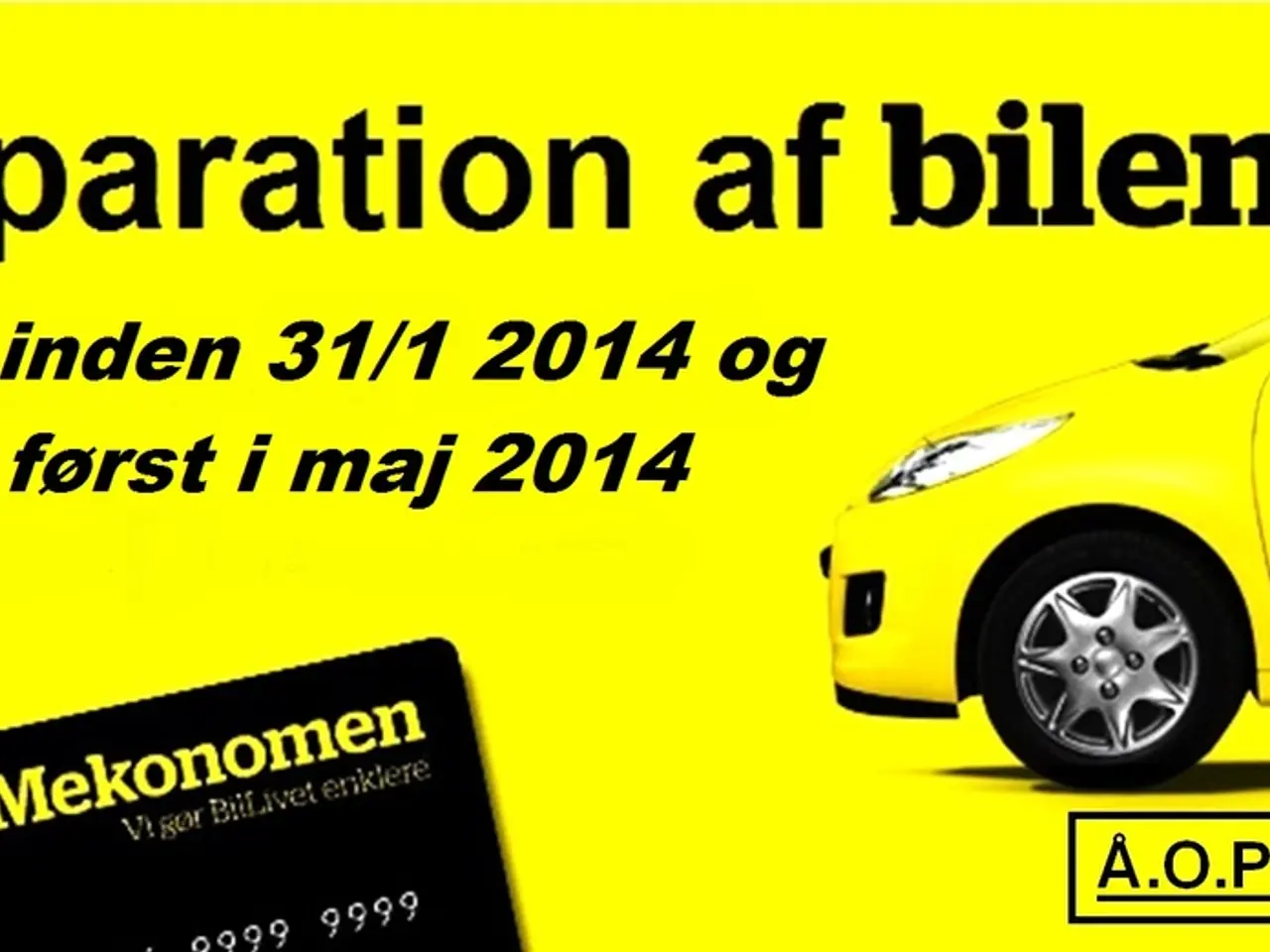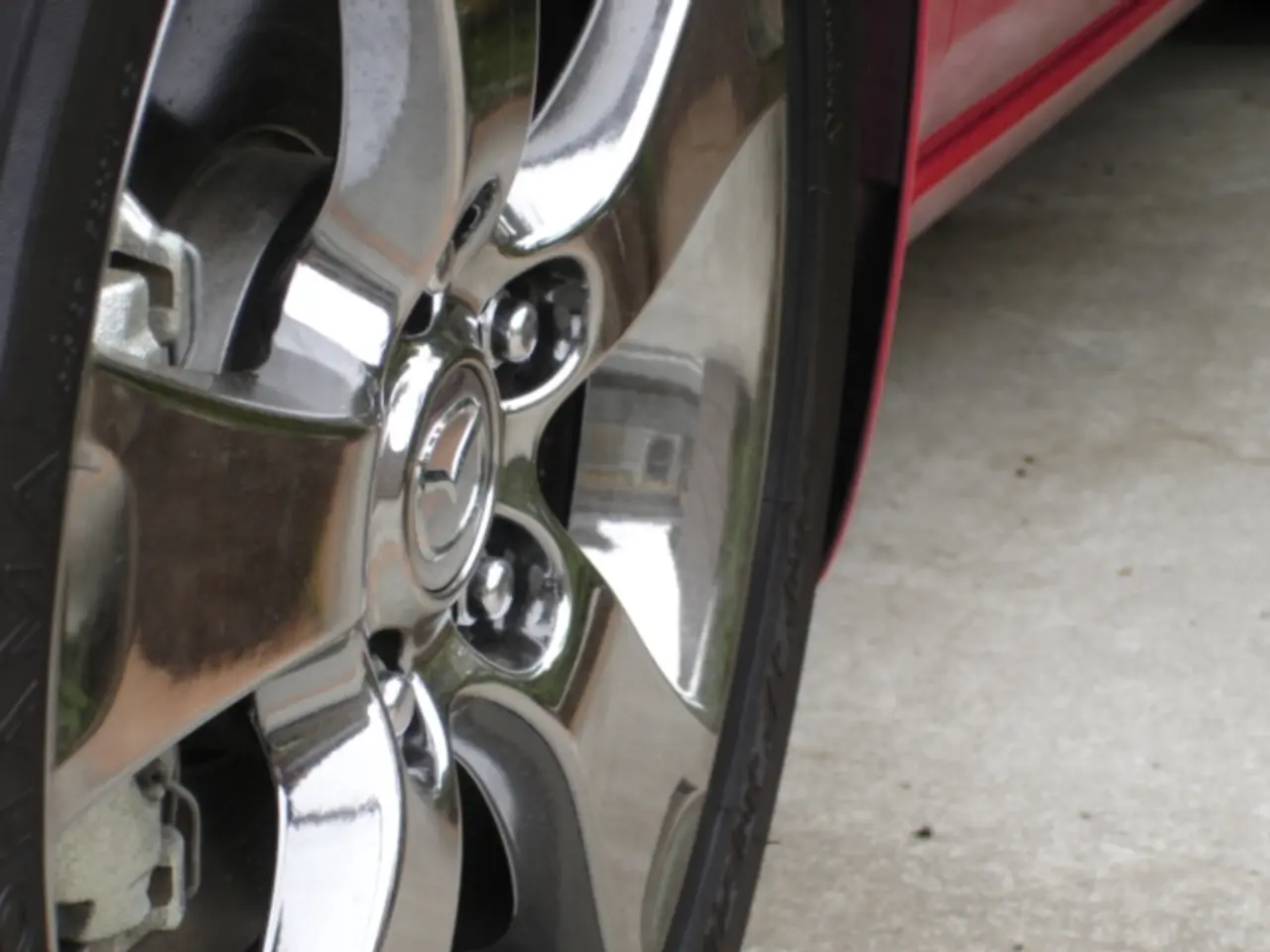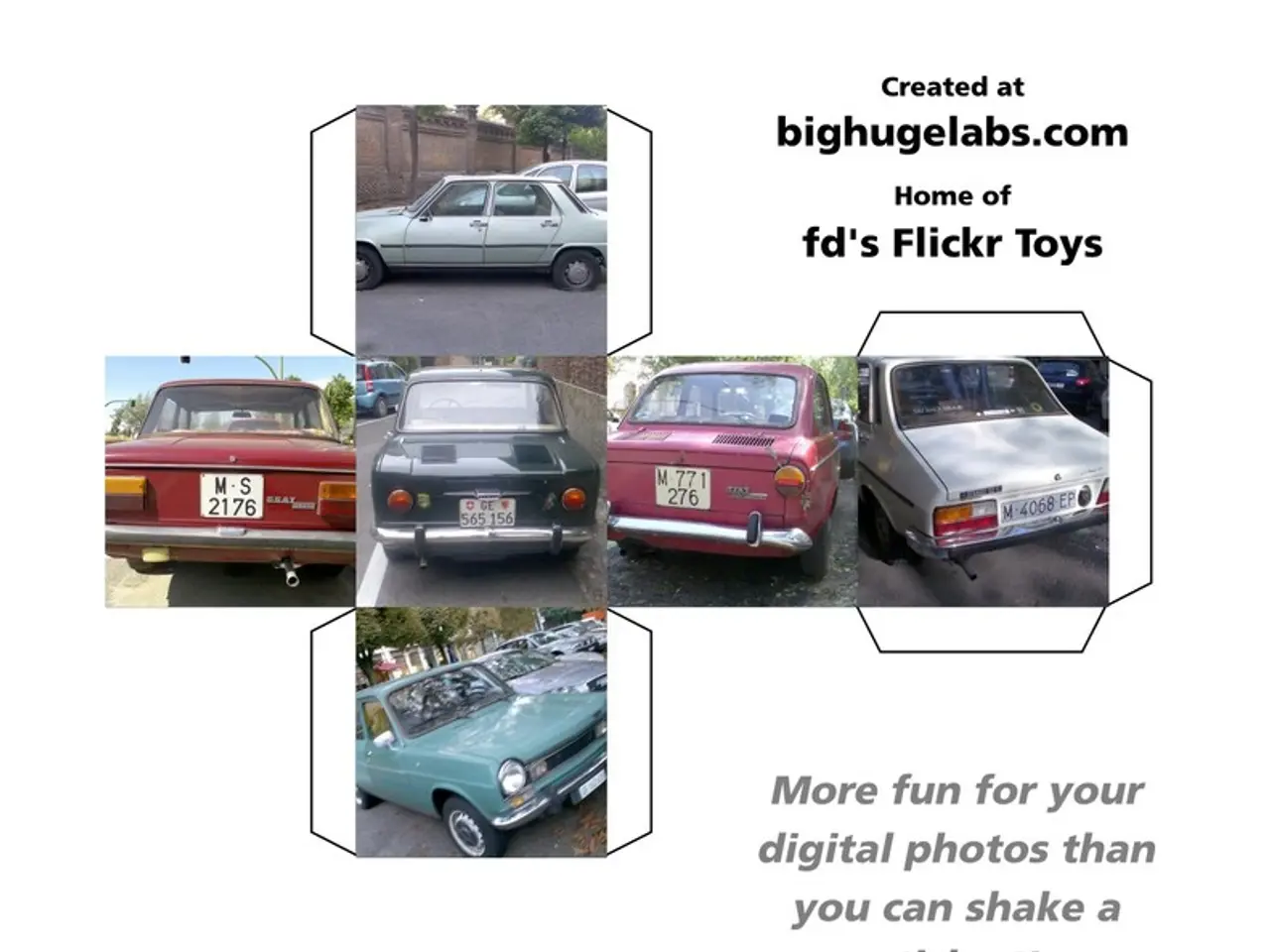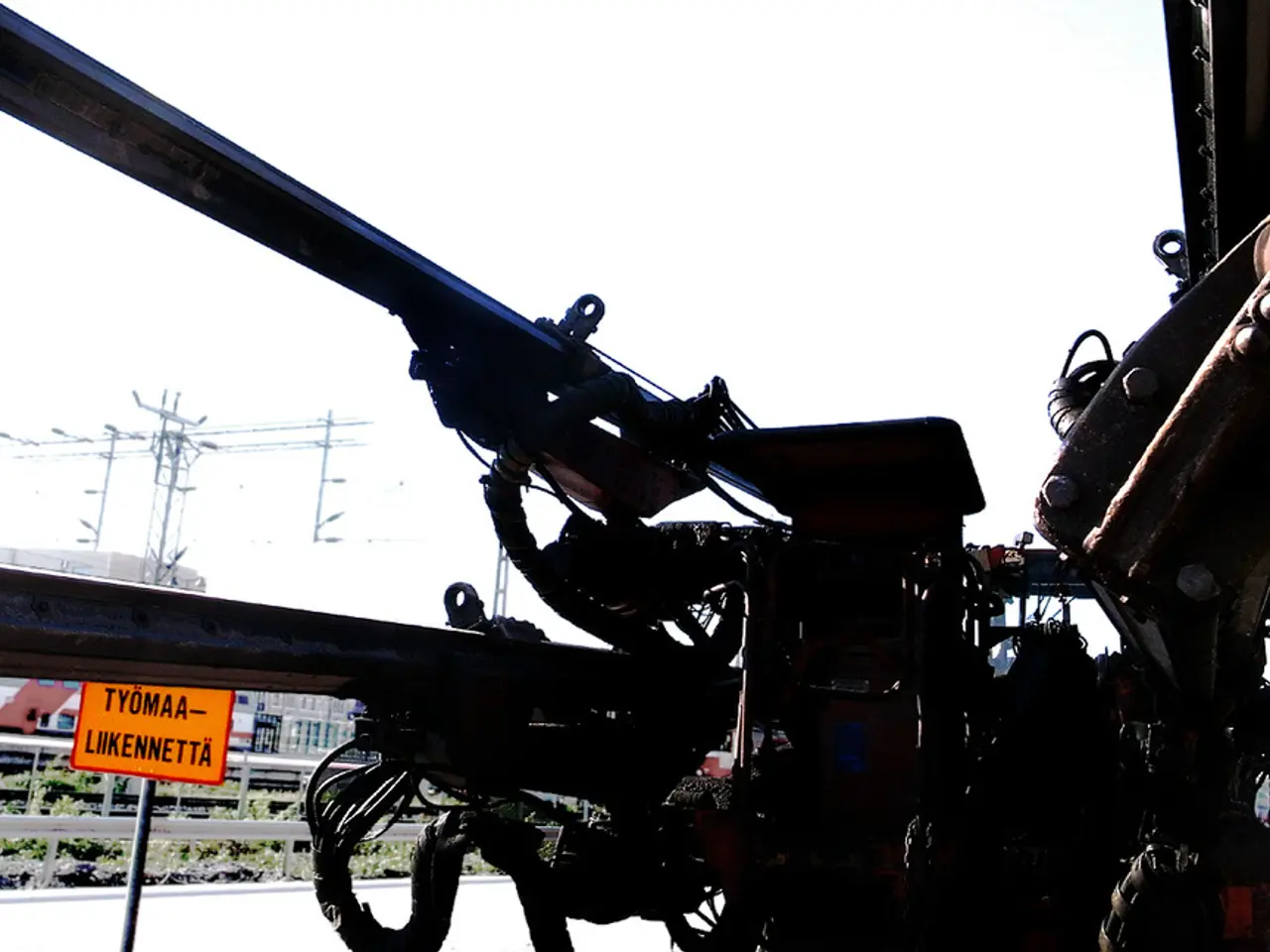Mass demonstration against employment reductions at ZF - Multitudes demonstrate against scheduled job reductions at ZF
In the face of an economic crisis and declining global car production, ZF Friedrichshafen, a leading automotive supplier, is undertaking a significant restructuring process. The company aims to reduce its workforce in Germany by up to 14,000 jobs by 2028, which represents approximately 25% of its German workforce.
The restructuring strategy includes investing in successful areas, restructuring unsuccessful ones, and implementing targeted cuts in salaries and jobs. However, the cost-cutting measures, led by ZF CEO Holger Klein, have not shown positive results, according to works council chairman Achim Dietrich.
The announcement of further cuts, including wage reductions and potential layoffs, at works meetings about two weeks ago, triggered a series of protests at ZF's headquarters on Lake Constance, Saarbrücken, and the Bavarian site of Schweinfurt. Around 6,000 people participated in the protest at the headquarters, and about 4,500 people demonstrated in Schweinfurt. Several hundred employees from other industrial companies such as Schaeffler, Bosch Rexroth, or SKF also joined the protests in Schweinfurt.
In addition to job cuts, ZF is planning to sell non-core business units as part of its cost-cutting and restructuring strategy. The airbag and seat belt manufacturing division is set to be sold to ZF Lifetec for several billion euros, and the technology development division for electric drives is also under consideration for divestment.
ZF is exploring various options to stabilize its finances, including bringing in investors, selling individual divisions, or taking them public. However, the company has not commented on rumors about plans to sell the division or bring in a partner.
The works council and IG Metall have urged management to commit to the E-Division of the foundation-owned company, which includes both electric and conventional and hybrid drives. This division is crucial for ZF's future, as the company navigates the transition pressures related to electric vehicle technology.
ZF's Schweinfurt site, the second-largest in Germany, is at risk of job losses, with 5,500 employees in the "Division E". The company offers various products including automatic and manual transmissions, steering systems, drives, brakes, safety technology, and chassis components.
The company reported a significant loss in 2024, with over one billion euros in losses last year. ZF, along with Bosch, Continental, and Schaeffler, is currently struggling with delayed orders from manufacturers and high costs for the transition to electric motors. The police have been present at some of the protests to maintain order.
As ZF continues to navigate these challenges, the future of its workforce and its position in the automotive industry remains uncertain. The heart of ZF, according to IG Metall's regional leader Helene Sommer, must not be torn out.
In an attempt to mitigate the financial strain, ZF Friedrichshafen is considering seeking investors, selling divisions, or going public as part of its restructuring strategy. These measures, aimed at stabilizing the company's finances, come as ZF faces a significant loss of over one billion euros in 2024 and struggles with delayed orders and high costs for transitioning to electric motors.
Given the economic crisis and declining global car production, the steel industry may face similar challenges. With ZF planning to sell non-core business units such as the airbag and seat belt manufacturing division and the technology development division for electric drives, other industries could potentially follow suit in their efforts to cut costs and focus on successful areas.




